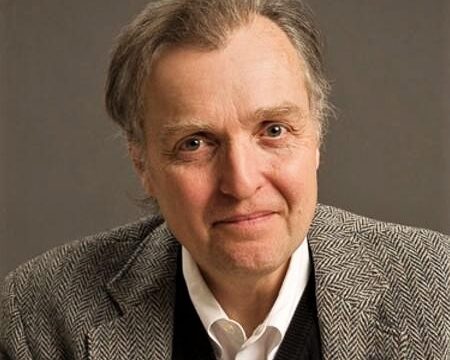Can King Coal come clean? This probably won’t receive too much attention, but it should: Canada has recently produced the world’s first commercial coal-fired power plant equipped with carbon capture and storage technology. The Boundary Dam plant in Saskatchewan promises to cut carbon dioxide emissions by 90%. The state-owned electricity provider SaskPower International said the project would reduce greenhouse gas emissions by about a million tons a year, or the equivalent of taking 250,000 cars off the road.
* * * * * * * * * *
The name of the eminent physicist J. Robert Oppenheimer, who died on Oct. 24, would probably not be remembered by many people born after 1954. Oppenheimer was tried and denied a clearance by the Atomic Energy Commission after 19 days of secret hearings. Now, with recent reclassification of material from the hearings, it appears this was a false conclusion. Oppenheimer, who had been working on the hydrogen bomb, was not a Soviet sympathizer as charged but rather one who opposed the bomb project on technical and military terms. One of his quotations seems fitting to remember: “The atomic bomb made the prospect of future war unendurable. It has led us up those last few steps to the mountain pass; and beyond there is a different country.”
* * * * * * * * * *
According to the Oct. 20 New York Times Cuba is the only nation in the world sending healthcare workers to Africa to help with the Ebola crisis. “The Cuban health sector is aware of the risks of taking on dangerous missions.” The first group of 165 professionals arrived in Sierra Leone recently. Jose Luis Di Fabio, the World Health Organization’s representative in Havana, said Cuban medics were uniquely suited for the mission because many had already worked in Africa. In a recent column of Cuba’s state-run newspaper, Granma, Fidel Castro argued that the United States and Cuba must put aside their differences, if only temporarily, to combat a deadly scourge.
* * * * * * * * * *
A belief commonly held by many is that needy people don’ t know how to manage money when it is provided them, but a recent study done at Duke, the University of North Carolina at Chapel Hill, indicates differently. When a casino of the Eastern Band of Cherokee Indians, which opened in the Great Smokey Mountains in 1997, began realizing profits, the tribe decided to distribute a portion equally among its 8,000 members. By 2001, when casino profits amounted to $6,000 per person yearly, the number of Cherokees living below the poverty line had declined by half. The frequency of behavioral problems among the children declined by 40%. Other studies also confirm the Duke study, including the Washington University Medical School in St. Louis and the University of California at Los Angeles.
So, the next time you hear someone say that welfare payments simply make people more dependent, you can refer to the above.
























